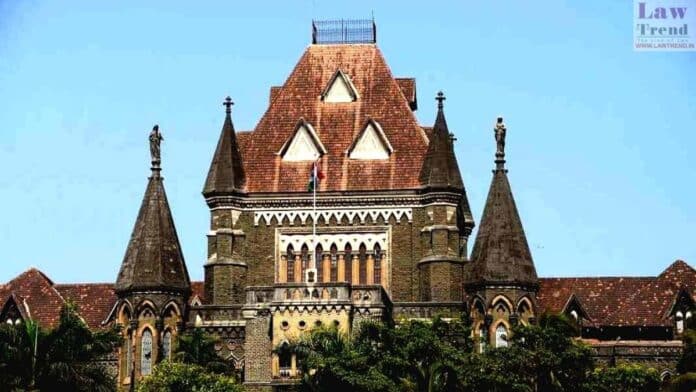The Bombay High Court on Tuesday directed the Mumbai Police to submit a comprehensive report detailing the removal of loudspeakers from places of worship, after five Muslim religious establishments in Vikhroli challenged the action as unconstitutional and violative of due process.
The petitioners alleged that their loudspeakers were removed since May based on arbitrary decisions, without following legal procedure or verifying if sound levels had actually breached permissible limits.
A division bench of Justices R.V. Ghuge and M. Sathaye, while hearing the plea, asked the police to file a detailed record by July 9. The court sought specific information including:
- Names of religious establishments from which loudspeakers were removed
- Volume measurements taken before action
- Whether any notices were issued and responded to
- Whether opportunities to comply were given before penalties or removals
The court initially stayed penalties imposed on the petitioners, but was informed by senior advocate Yusuf Muchhala that fines had already been paid. Receipts were attached to the petition.
Raising questions on uniformity of action, Justice Ghuge asked, “Can we assume that now in Mumbai there is no place of worship with a loudspeaker on top?” Assistant Public Prosecutor S.V. Gavand, after consulting Mumbai Crime Branch officer Sunil Shinde, stated that loudspeakers were removed only where volume exceeded limits.
However, Advocate Muchhala rebutted this, pointing to an RTI reply annexed with the petition that revealed Mumbai Police lacked both volume-measuring devices and trained personnel — in violation of the Supreme Court’s 2022 judgment mandating both.
He further cited a 2023 Gujarat High Court ruling which held that the Islamic call to prayer, azaan, did not amount to noise pollution. He argued that the current action seemed to be driven by political motives, referencing social media posts by a political leader claiming credit for a “Bhonga Mukt Maharashtra” campaign.
The petition noted that 23 mosques had been fined ₹5,000 each since May, and 29 had their loudspeaker licences cancelled. Some notices were issued even after loudspeaker disconnection, Muchhala added.
When the APP sought two weeks to file a reply, the court refused. Gavand responded, “This is not a life and death issue,” prompting a sharp response from Justice Ghuge: “Do you know why the azaan is called five times a day? It tells believers that now is the time to pray. Temples don’t do this because there are no fixed times. If loudspeakers are completely removed, how will people know when to pray?”
The court’s intervention comes days after Mumbai Police Commissioner Deven Bharti claimed that the city had become “loudspeaker-free,” without naming any particular community. He had stated that over 1,500 loudspeakers had been removed following talks with religious leaders.
The case will next be heard on July 9, when the police are expected to submit their full report.




